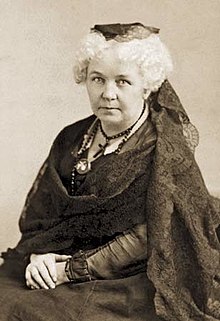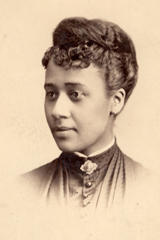Etymology of signification: early 14c., "symbolization, representation," from Old French significacion and directly from Latin significationem (nominative significatio) "a signifying, indication, expression, sign, token, meaning, emphasis," noun of action from past participle stem of significare "make known, indicate" (see signify). From late 14c. as "meaning" (of a word, etc.).
I thought it would be interesting to look at the etymology of "signification" (as it is a main topic of this essay) because Gates has been discussing the diverging meanings of the word in different rhetorics. It is unsurprising that the etymology defined here comes from the "white rhetoric" tradition, as described by Gates. I suppose upon further search and inquiry I could possibly find the meaning of "signification" as defined within African American rhetoric, but it would require a lot of extra effort on my part. This lack of available definition demonstrates the "glossing over" of the African American culture in the United States and the general lack of knowledge and understanding on behalf of the majority of white Americans, and is a reminder of the ignorance that is very much alive in the US.
This reading has encouraged me to think a lot more on divergent cultural rhetorics and how awareness and acknowledgement of the validity of different rhetorics is crucial to any progress that is to be made in race relations in the US.


